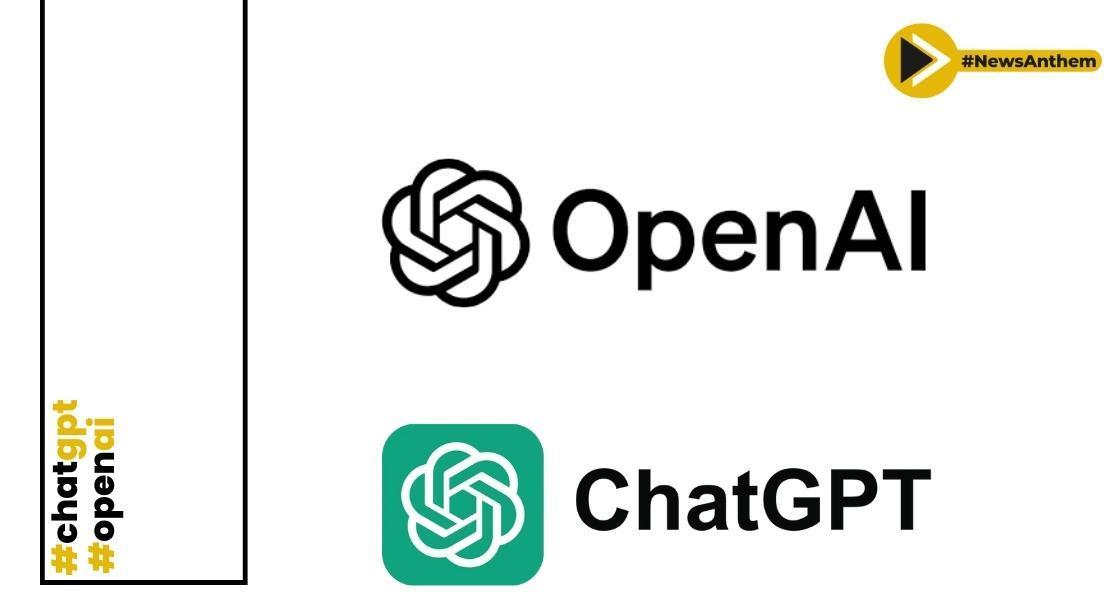ChatGPT Usage Soars to Record Highs as Ghibli-Style AI Art Goes Viral

News Synopsis
OpenAI’s ChatGPT has witnessed a record-breaking increase in active users, downloads, and revenue following the explosion of interest in its AI-generated Ghibli-style artwork. The trend, which allows users to create images reminiscent of the hand-drawn aesthetics of Studio Ghibli, has captivated social media, leading to a surge in platform engagement and straining OpenAI’s server capacity.
Global Trend Sparks Massive Growth for ChatGPT
ChatGPT Hits 150 Million Weekly Active Users
According to Similarweb, ChatGPT's average weekly active users surpassed 150 million, marking the first time the chatbot has reached this milestone in 2024. This surge is attributed to the release of its image-generation tool capable of producing Ghibli-inspired AI art, a style synonymous with legendary director Hayao Miyazaki and beloved films such as Spirited Away and My Neighbor Totoro.
One Million Users in an Hour
The sheer popularity of the feature was evident in OpenAI CEO Sam Altman’s post on X (formerly Twitter), where he stated:
“We added one million users in the last hour,”
He compared this staggering growth to ChatGPT’s initial launch phase, where it took five days to reach the same number of users.
Revenue and Downloads Skyrocket Following AI Image Generation Updates
Significant Growth in User Engagement and Revenue
Market intelligence firm SensorTower reported an all-time high in active users, in-app subscription revenue, and app downloads for ChatGPT. Compared to the previous week:
-
Global app downloads increased by 11%
-
Weekly active users grew by 5%
-
In-app purchase revenue rose by 6%
These figures underscore the mass appeal of AI-generated art and the growing demand for advanced AI-powered creative tools.
Technical Challenges and Service Disruptions
OpenAI Grapples with Server Overload
The overwhelming interest in ChatGPT’s image-generation capabilities has led to service slowdowns, glitches, and temporary feature restrictions. Users have reported issues accessing the tool, and OpenAI acknowledged the strain on its infrastructure.
OpenAI’s co-founder reassured users via X:
“We are getting things under control, but you should expect new releases from OpenAI to be delayed, stuff to break, and for service to sometimes be slow as we deal with capacity challenges.”
Despite these challenges, OpenAI continues to optimize its system to accommodate the increased demand.
Legal Uncertainty: AI Art and Copyright Concerns
Copyright Implications of AI-Generated Ghibli-Style Images
The legal implications of AI-generated artwork mimicking the distinct Ghibli aesthetic have sparked debates on intellectual property rights. Legal experts highlight that while copyright law protects specific expressions, artistic styles themselves remain a gray area.
“The legal landscape of AI-generated images mimicking Studio Ghibli’s distinctive style is an uncertain terrain. Copyright law has generally protected only specific expressions rather than artistic styles themselves,” said Evan Brown, partner at Neal & McDevitt.
Miyazaki’s Disapproval of AI-Generated Art
Following the viral trend, past comments from Hayao Miyazaki resurfaced, reflecting his strong opposition to AI-generated artwork.
“I am utterly disgusted,” Miyazaki had said in 2016 when shown an early AI-generated image.
“I would never wish to incorporate this technology into my work at all.”
OpenAI has yet to provide a statement on the data sources used for training its image generation models and the legal status of its latest AI feature.
Conclusion
The Ghibli effect has propelled ChatGPT usage to new heights, proving the immense appeal of AI-generated art. OpenAI's AI-powered image generation has unlocked creative possibilities, drawing millions of users to experiment with Studio Ghibli-inspired artwork. However, the unprecedented surge has also strained ChatGPT’s servers, causing temporary disruptions.
Beyond technical challenges, the trend has ignited discussions on copyright law, as AI-generated images closely mimic Studio Ghibli’s iconic style. With legal experts highlighting uncertainties in intellectual property rights, the debate over AI’s role in artistic expression continues to grow. Meanwhile, legendary filmmaker Hayao Miyazaki remains a vocal critic of AI-generated art, further fueling the ethical conversation.
As AI-driven creativity gains momentum, OpenAI must navigate the delicate balance between innovation, copyright regulations, and user expectations, ensuring that AI-generated art respects intellectual property while fostering digital artistry.
You May Like









